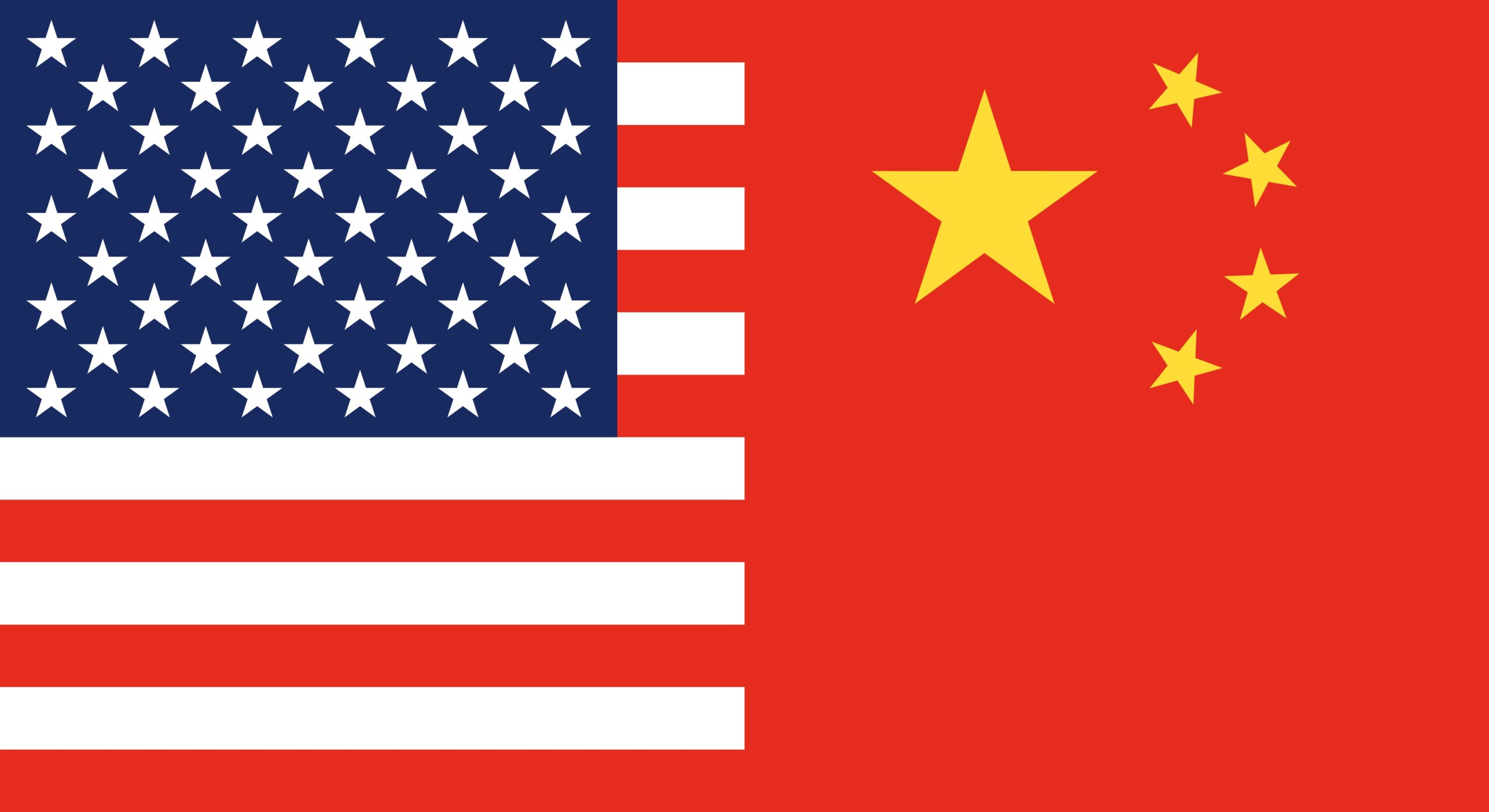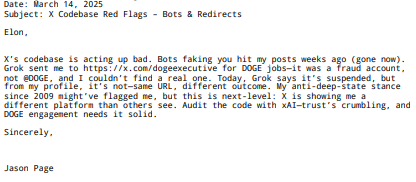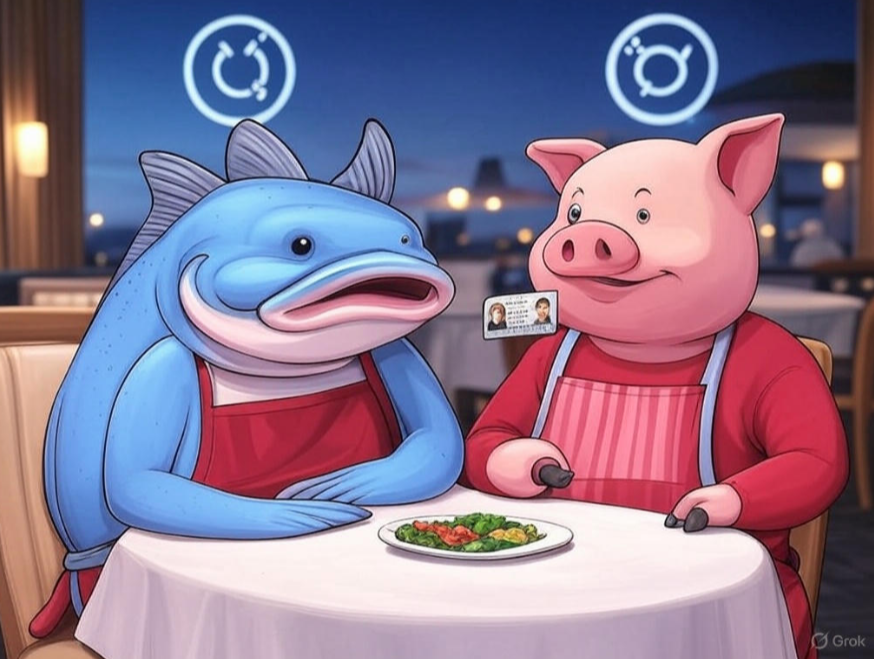8 min read
0
Exposing Systemic Corruption: A Plan to Dismantle Child Trafficking and Blackmail Networks
Introduction The scourge of child trafficking and systemic corruption, as highlighted by Whitney Webb’s One Nation Under Blackmail, reveals a chilling reality: powerful individuals are allegedly groomed into compromising acts—often involving minors—to enable blackmail and control their decisions. This article proposes a bold solution to dismantle these networks, focusing on the Trump administration’s current efforts to combat child trafficking and a visionary plan to expose the puppet masters behind global corruption. By bringing evidence before the public and legal tribunals, detaining key operatives and securing their testimonies under oath, this strategy aims to unmask handlers, disrupt blackmail schemes, and restore justice, independence and peace. The Problem: Child Trafficking and Elite Blackmail Child trafficking networks, such as the decentralized 764 group, exploit vulnerable minors through online grooming and sextortion,…










